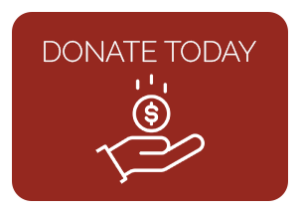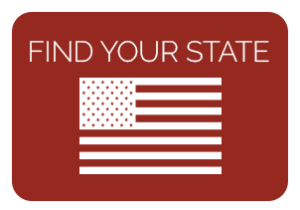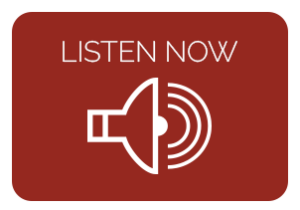Book Ban
Pronunciation
Extremist Definition
Extremist interpretations often portray a “book ban” as an act making a book illegal to own or read all over the country, a practice they associate exclusively with foreign, authoritarian regimes like communist China. They frequently argue that the Bible is the most-banned book globally, citing its prohibition in anti-Christian authoritarian countries, but not in the U.S. An example of this line of argument can be found in “The Most Illegal Book in History”[1]. (It is also a historical fact that during the rise of Protestantism, the Bible in English was banned in England.)
Extremist Motive
Extremists redefine “book ban” to deflect criticism and legitimize the removal of certain books from schools and public libraries. Aware that Americans generally abhor book bans due to their association with historical atrocities (such as Nazi book burnings), their aims include:
- Redefine “Ban”: To limit the definition of “ban” to only extreme, national-level prohibitions typically occurring outside the U.S., thereby allowing them to assert that “books aren’t really being banned” domestically[2][3].
- Deflect Attention: To divert focus from widespread attempts to remove books from collections by framing these actions as mere “evaluations” or “removals of age-inappropriate materials,” rather than acts of censorship[2][3].
- Justify Removals: To normalize and gain support for the removal of books that depict content they oppose, often under the guise of protecting children or promoting “common sense processes”[2].
Extremist Real-World Examples
- Fox News Opinion Pieces: Articles with titles such as “Books aren’t being banned, and it’s good that they are,” published on platforms like Fox News, directly reflect the extremist narrative by denying the existence of bans (as they narrowly define them) while simultaneously endorsing the removal of certain materials[2].
- Statements from Political Figures/Organizations: Claims by political figures or organizations, such as the assertion of a “book ban hoax” (a sentiment described in the provided research as hypothetically attributed to the U.S. Department of Education[3]), attempt to reframe book removals as legitimate collection management, implying that genuine “bans” (by their narrow definition) are not occurring.
- Right-wing Advocacy Groups: Groups advocating for the removal of books often employ this rhetorical strategy, arguing that their actions are not “bans” but rather efforts to curate collections based on community standards or parental rights, a stance which contrasts with definitions provided by organizations like the American Library Association[4].
Proper Definition:
A book ban is the removal of books that have met the criteria to be included in a library collection but are subsequently forbidden from the collection due to personal dislike or objection[4][5]. This can also refer to any action that restricts access to a book[6][7]. Book bans in public school libraries are illegal if the primary motivation for removal is the suppression of ideas, according to the 1982 Supreme Court decision in Island Trees School District v. Pico. When the reason for the ban is due to the books depicting a protected class under the law, it may constitute discrimination[4]. Importantly, books do not have to be banned nationally to be considered banned; removal from a local library or school system constitutes a ban[4].
Boiled Down Meaning
A book ban is the removal of a book from a library collection or the restriction of access to it, typically due to someone’s personal objection to its content, even if the book met collection criteria.
Examples of Proper Use:
- “The American Library Association has documented a significant increase in book bans in public schools and libraries across the U.S. over the past few years”[4].
- “The local school board faced public outcry after its decision to ban a novel from the high school curriculum, despite its literary merit”[5].
- “Advocacy groups are fighting against book bans, arguing that they infringe on students’ right to read diverse materials and access information”[4][5].
Examples of Other Terms:
- Book challenge
- Book restriction
- Curation
- Pornography
See also
- Book challenge
- Book restriction
- Curation
- Pornography
References
- ^https://opendoors.org.nz/frontline-faith/the-most-illegal-book-in-history/
- ^https://www.foxnews.com/opinion/books-arent-being-banned-school-democrats-media-defend-porn-kids-school-libraries
- ^https://www.ed.gov/about/news/press-release/us-department-of-education-ends-bidens-book-ban-hoax
- ^https://www.ala.org/news/2025/01/book-bans-are-real
- ^https://www.theguardian.com/us-news/2025/feb/07/book-bans-pen-america-censorship
- ^https://www.merriam-webster.com/dictionary/ban
- ^https://www.britannica.com/dictionary/ban




